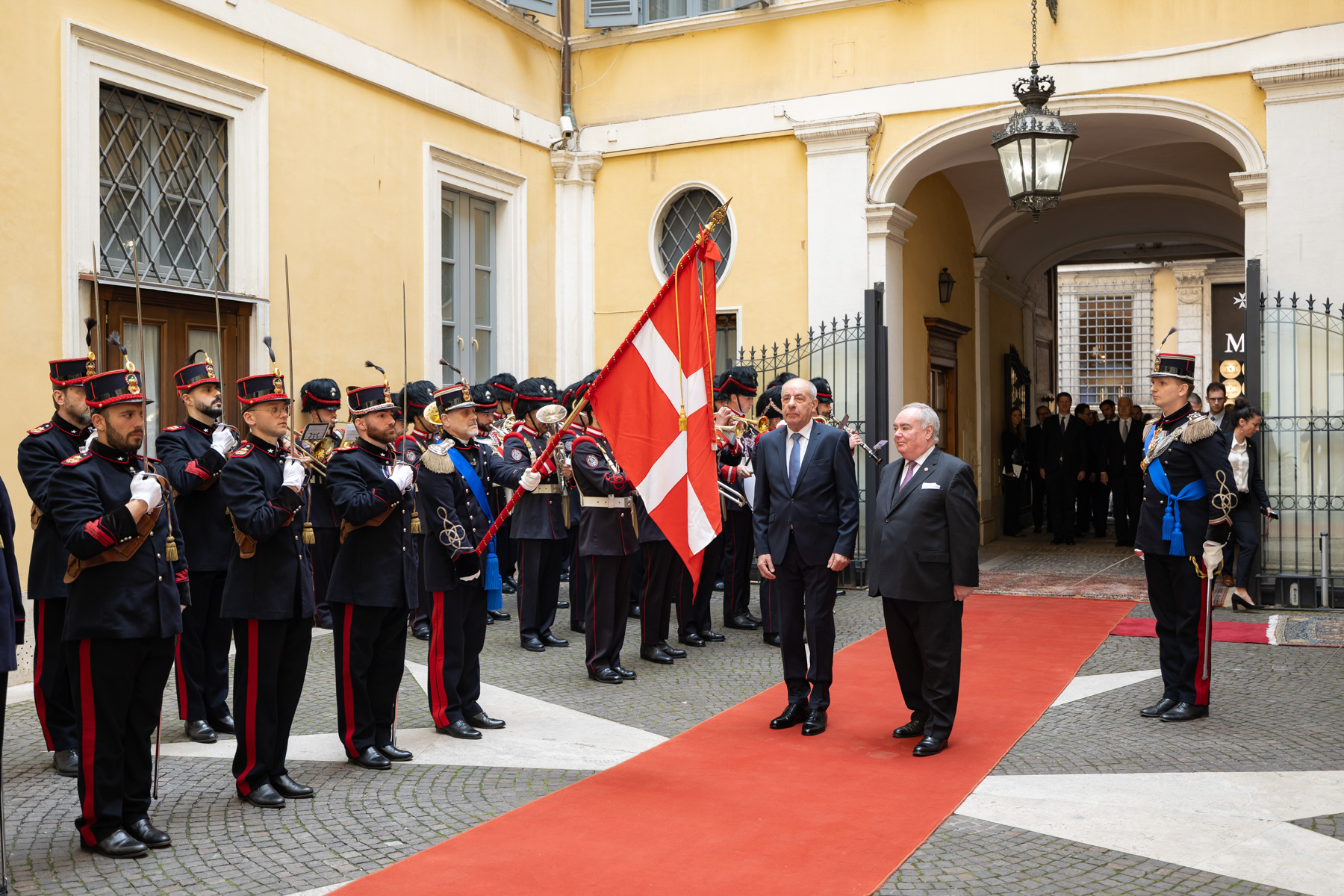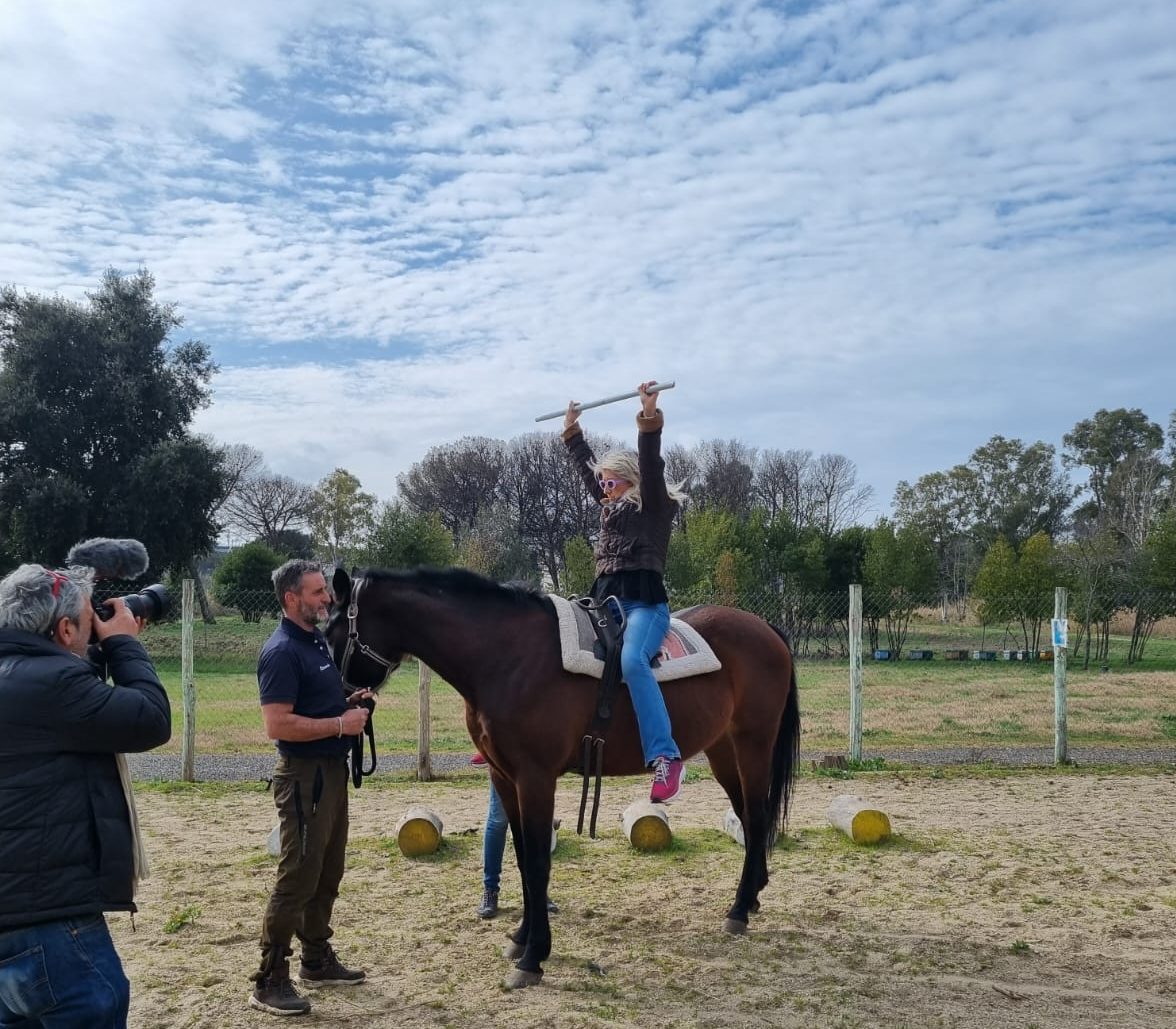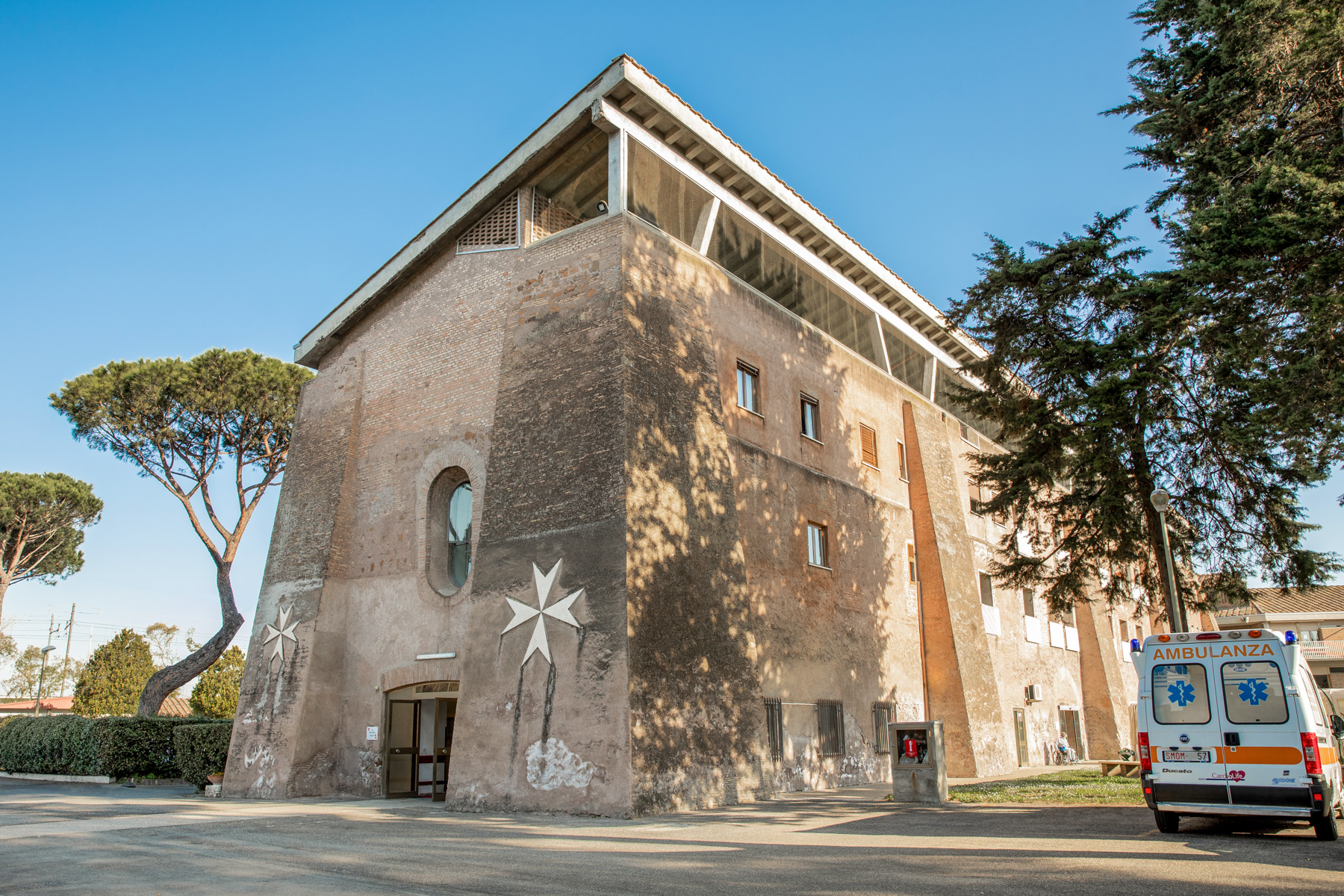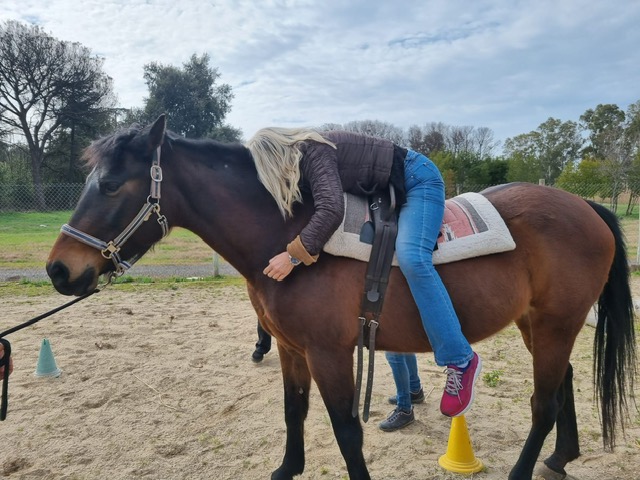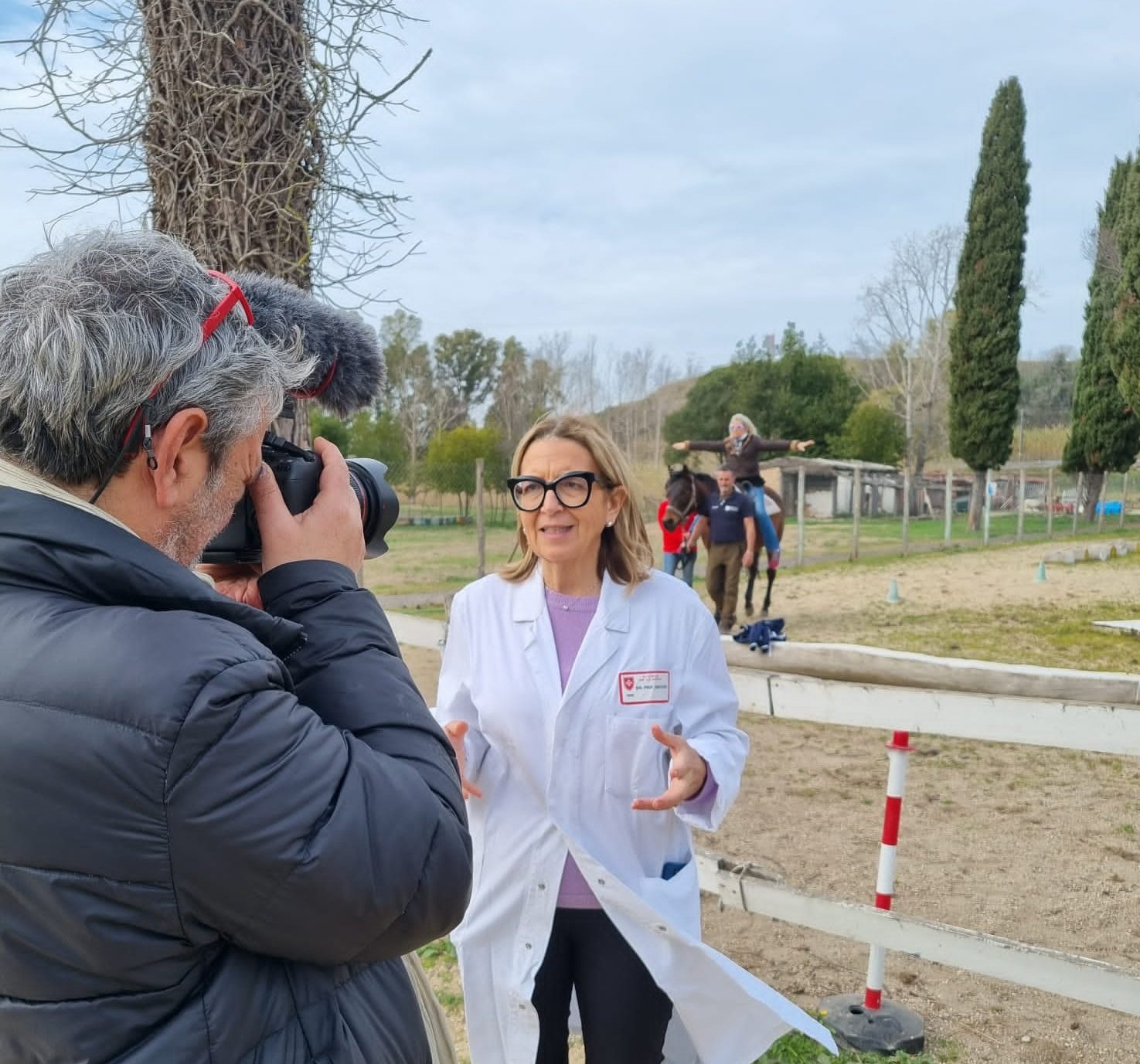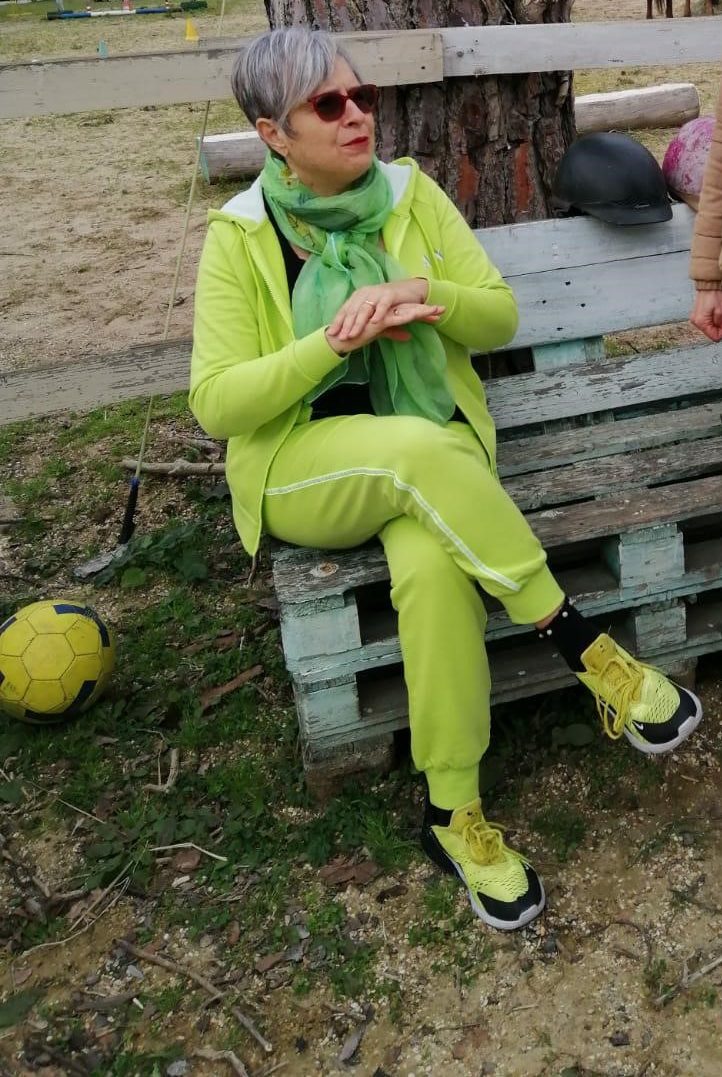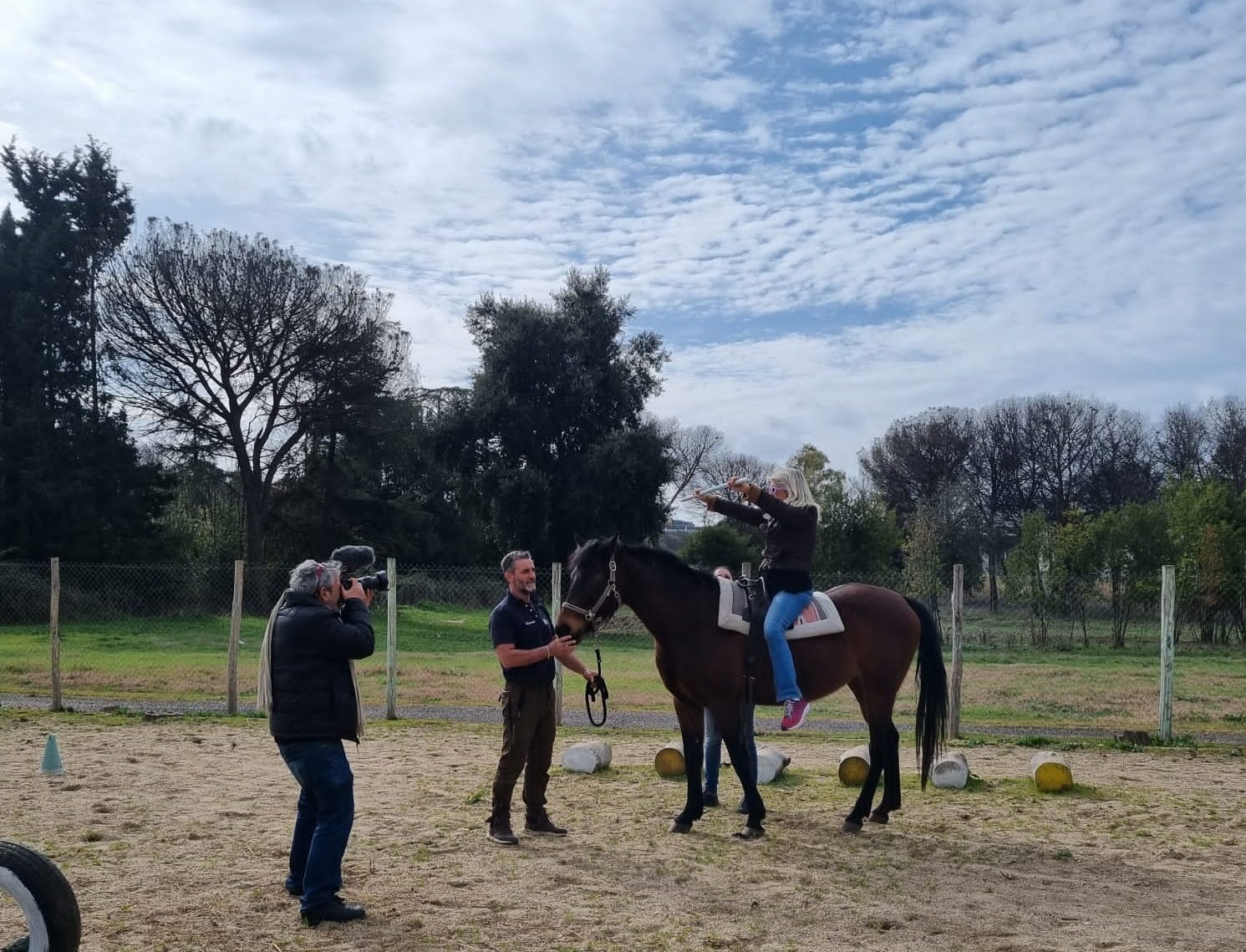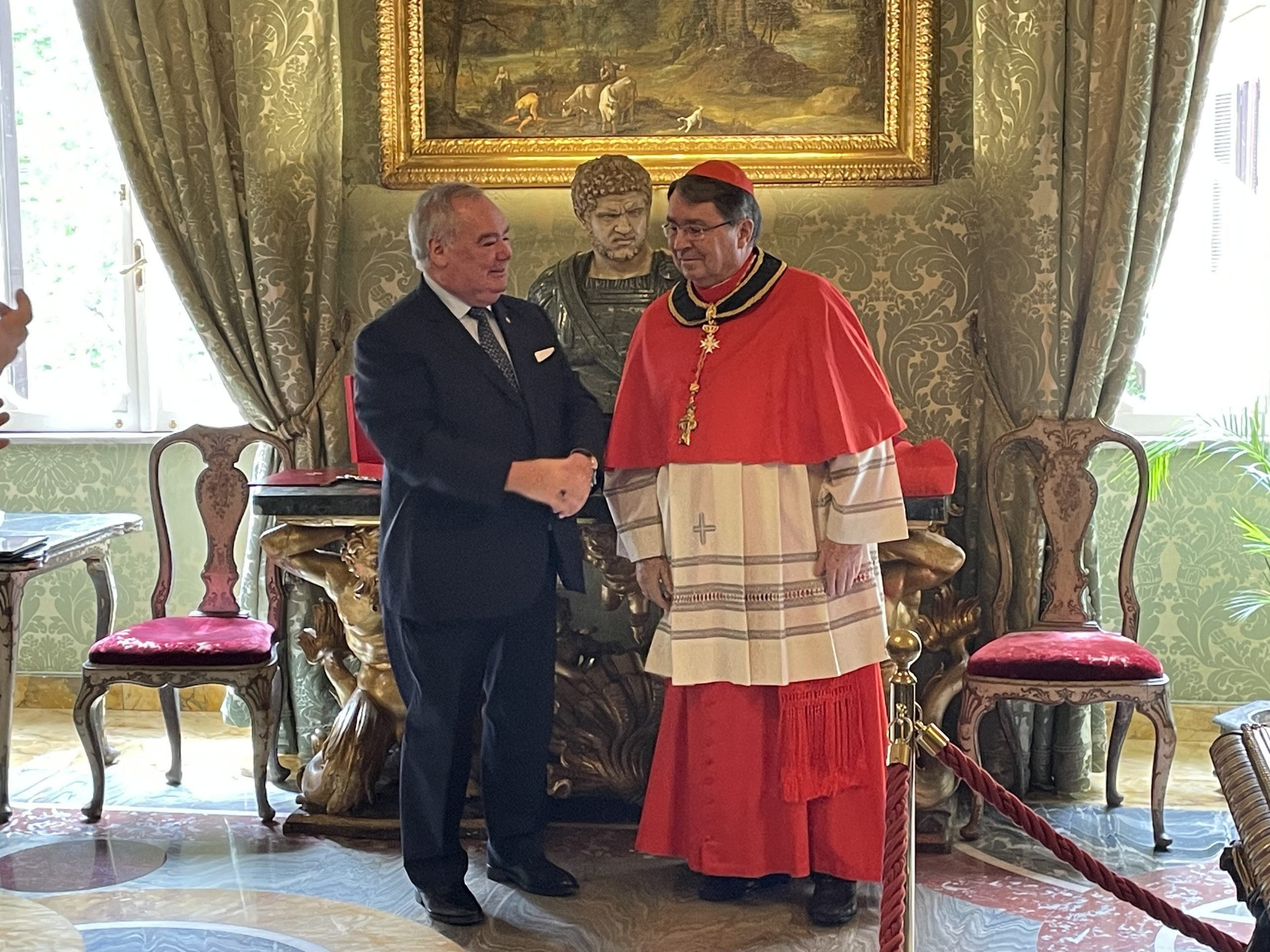When she was told she had the disease Paola was not surprised. Immediately after her fourth birth, she’d felt her body shaken by an insistent and intrusive tremor. Then came the diagnosis: Parkinson’s. And since then, Paola’s life has been defined by a before and an after.
As an educator in a community for people with mental health problems, and after having worked in the educational sector, Paola found herself on the other side, taking on the role of the “sick”. Her story is complex, but full of hope and lucidity.
Living in Betlemme di Chivasso in the province of Torino, Paola was followed by various Piedmontese neurologists. She underwent Deep Brain Stimulation, a delicate operation involving the surgical implantation of electrodes in areas of the brain responsible for controlling movements.
Paola is currently being followed by a medical team from the Order of Malta’s St. John Baptist Hospital in Rome, specialized in neurological and motor rehabilitation. It is the only hospital in Italy to offer equine-assisted therapy. An innovative approach that has given results unthought of a few years ago, especially for Parkinson’s patients. “Riding a horse gives an immediate pelvic-trunk balance,” explains Dr Franca Tirinelli. “We have worked with patients suffering brain traumas or long-covid symptoms. The results were excellent, especially because of the patient-animal interaction. It is not essential to mount the animal, the positive effect can already be seen when grooming it”.
“I’ve always been curious and interested in experimenting,” says Paola, waiting for her turn to groom and ride one of the horses in the St. John Baptist stables, all looked after with care and dedication. “So when I arrived here and saw the “animal therapy” sign, I was immediately interested and asked if it was compatible with my rehabilitation. The work with horses is performed outdoors for many months a year; it is extremely stimulating on all motor, cognitive and emotional levels, not to mention the beneficial effects on the circulatory and respiratory levels and so on. Therapists rightly insist on an erect posture and a rhythmic and regular pace in conjunction with arm movements. They often invite you to lean against the horse’s withers or to lunge it to feel more secure and to do the circuits with various tools (balls or sticks), using both the upper and lower limbs, even with your eyes closed”.
Paola tells how important it is to be in tune with the horse that “can sense your mood and somehow trains you to trust it. It takes care of you, while you take care of it by grooming it and giving it some small reward”.
The effects of assisted pet therapy for the management of Parkinson’s disease symptoms are now evident not only from a physical perspective, but also on a psychological level. This is the result of a rewarding activity that gives a sense of well-being and increases self-esteem.





